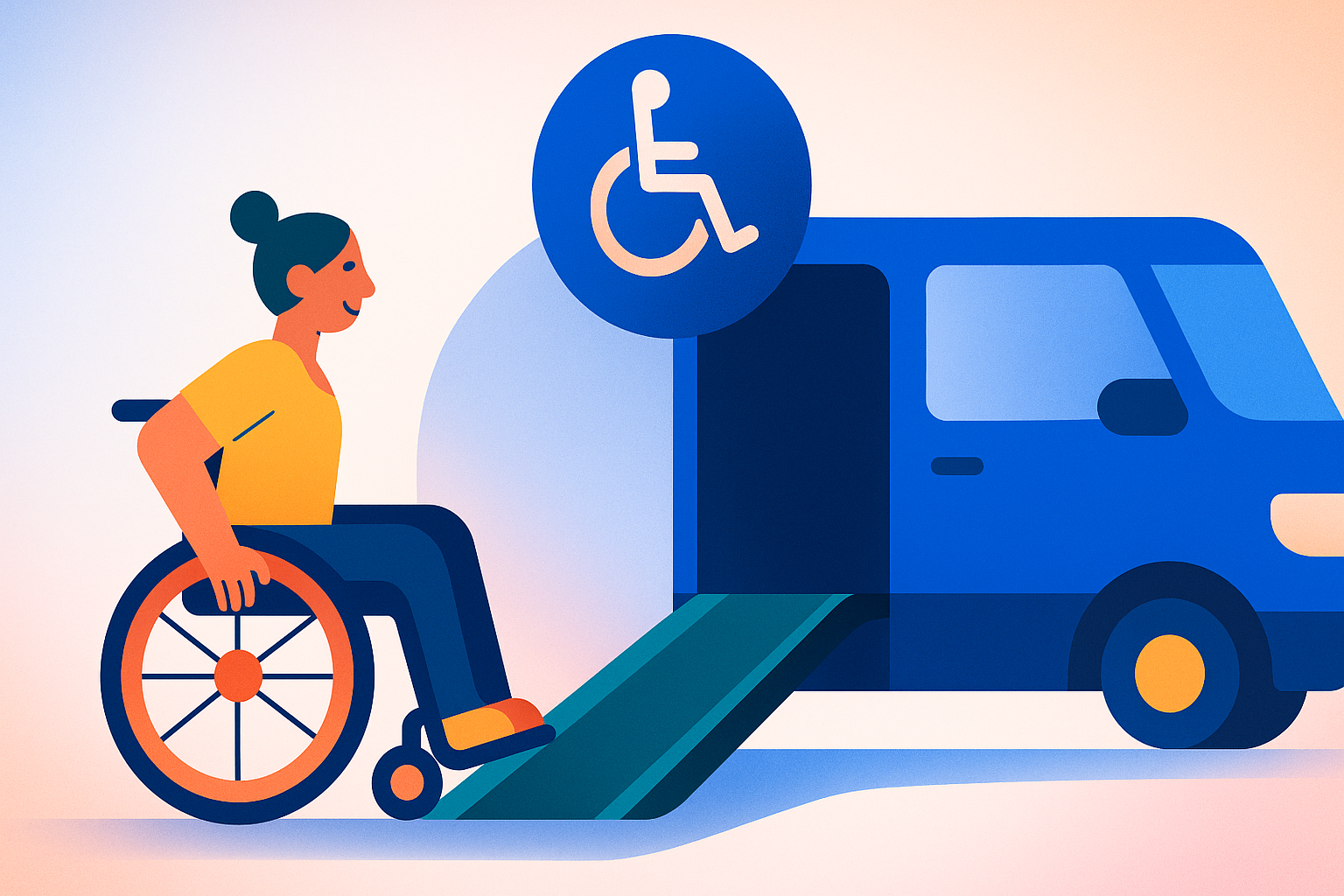


Accessible transportation, also known as disability-friendly transit or barrier-free travel, refers to travel options designed to accommodate individuals with mobility, sensory, or cognitive impairments. This accommodation includes specially equipped vehicles, priority seating, and support services that make commuting easier and safer for people with disabilities. Accessible transportation promotes independence by providing reliable, safe, and convenient travel alternatives, whether through public transit, rideshare programs, or specialized shuttle services. It plays a vital role in reducing travel barriers, enhancing workforce participation, and improving overall quality of life for individuals who face challenges using standard transportation methods.
Begin by identifying the specific transportation needs based on individual mobility or sensory requirements. Schedule rides in advance when possible and communicate any special assistance needs to the provider. Familiarize yourself with available accessible routes and vehicle features. Regularly update any necessary documentation or permits to access services. Maintain clear communication with transportation providers and supervisors to adapt plans as needed, ensuring smooth and reliable travel experiences.
Disclo streamlines requests, documentation, and tracking for Accessible Transportation, so HR teams and employees spend less time on paperwork and more time working productively.
